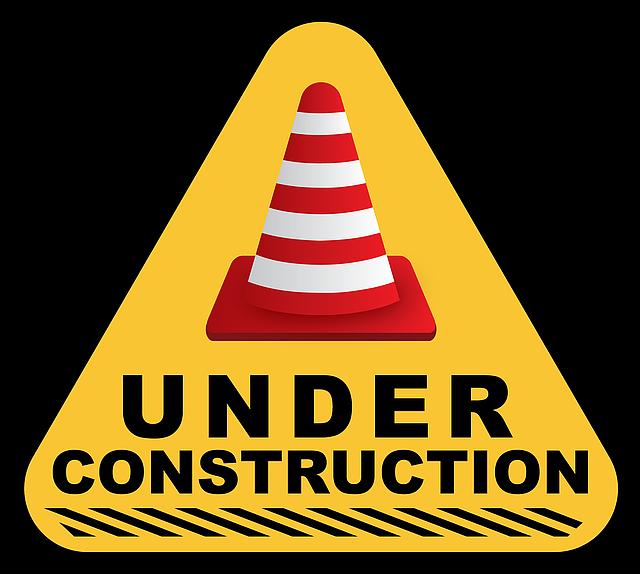What comes after success?
Posted by Nicole Coyne on April 05, 2018

What comes after success? What happens after you’ve achieved your first big goal?
The meaning of business success will always be unique for everyone. We are all aiming for different goals with different focuses, which is what makes my job so interesting. But what happens after you have reached your unique success?
Do you have a plan for how to maintain this success or haven’t you thought about this yet?
I believe we spend too much time thinking about the journey to success, the marketing, client acquisition, brand awareness, and not enough time on what happens after that. We tend to focus on the chase, the fun, exciting and sexy tasks in the business and don’t often think about what will be required of us after we’ve built the brand or secured some clients. What comes next? Is the plan to sit around patting yourself on the back, or building a sustainable and successful business?
So whilst you are plotting world domination, think about the following and perhaps plan for these before you conquer the world or at least do this at the same time.
1. Your role: What will your role look like once you have reached your goals? Will you still be working as passionately in the business or could you delegate or outsource certain responsibilities? It’s like climbing a staircase, every time you reach a new step your observation point changes. A new set of goals would need a new focus. Business owners often find themselves “stuck” or stagnating in the same role, often due to lack of direction. I like to call it “ground-hog day syndrome”. This complacent manner is not very healthy for the business owner or business growth, moral and business culture. To prevent this stuck feeling, plan the next step or start thinking about the next step, the next goal now before you even reach your initial goal.
2. Your team: Your people plan – what does that look like? If you’re a one-man band you may decide either to expand, to hire new team members or to stay on your own. Think about your team now (if you have one, or imagine one ). What would the perfect organogram be in your business? Before you can take on a new role you should define your people strategy. Teams also need to be guided, motivated, managed and lead. What is your current skill set around these key characteristics? Start defining your skills needs, and build that into your planning. It’s all about being proactive and being in control of the plan instead of being reactive and spending your precious time putting out fires.
3. Your product/service: These would always be evolving and adapting to your current and future market. In order to be ahead of the game, what is your innovation plan? Whilst working on and delivering the current product/service offering there should always be an on-going product/service evaluation. What’s going well, what’s needing an update? What are your customers asking for? Looking externally at various issues and how they could affect your offering, such as environmental, political, social, economic, legislative and technological factors.
4. Your processes and systems: Think about the perfect system(s) you could implement into your business. Systems that would streamline your workload, improve your time management, communications and overall help to maintain your business structure. You may not be aware of these systems or even able to afford these systems right now, but could you budget for them and do some best practise research? Always begin with the end in mind, think about what it needs to look like and plan towards that vision.
This is an example of working on your business, not just in your business. Taking the time to future proof your business. Take a look at the following checklist, which can help you identify areas which you would need to focus on to ensure you are building a sustainable business. Future proofing your business checklist

Nicole Coyne
Nicole is a certified professional coach as well as a certified trainer, advanced assessor and coach mentor.
Based in Auckland, she provides a range of coaching options, from individual business owner and management coaching, group and team coaching workshops to personal coaching. Her coaching practice is aligned to the ICF ethos and ethics.
Contact Nicoleto hire a professional coach.
